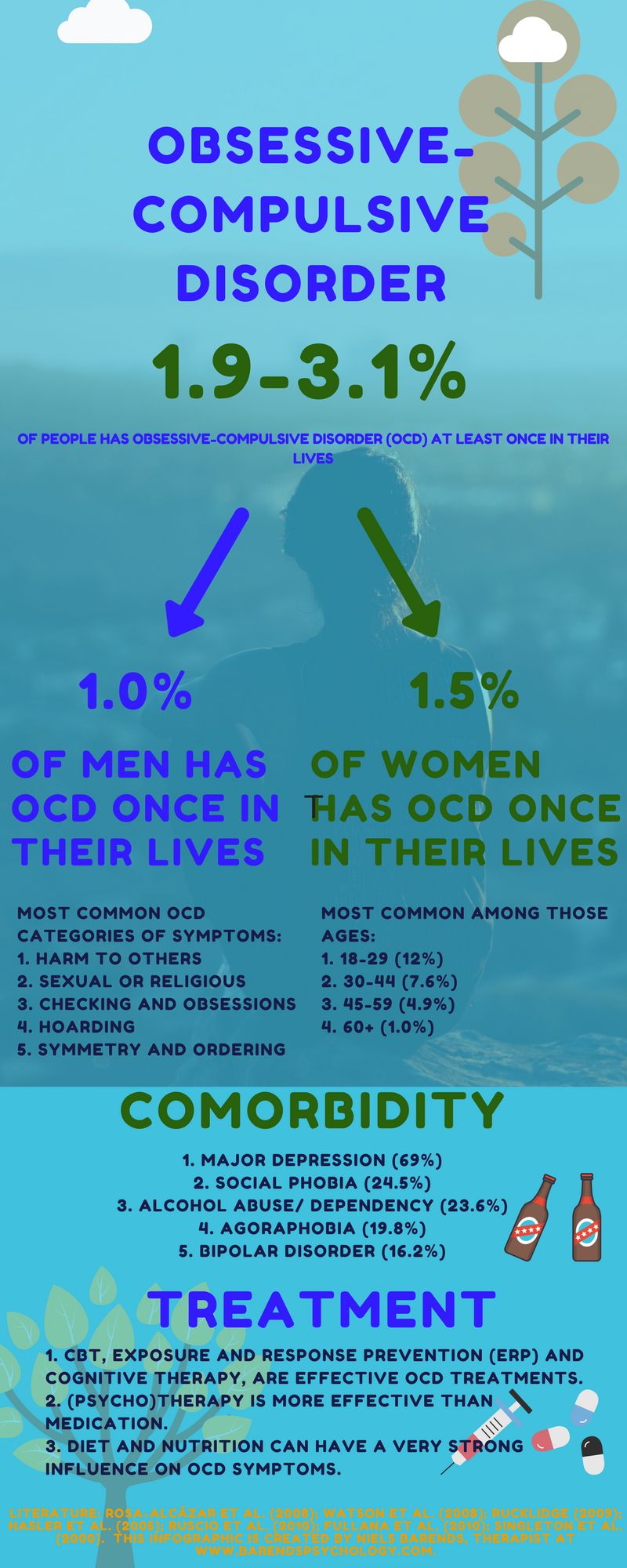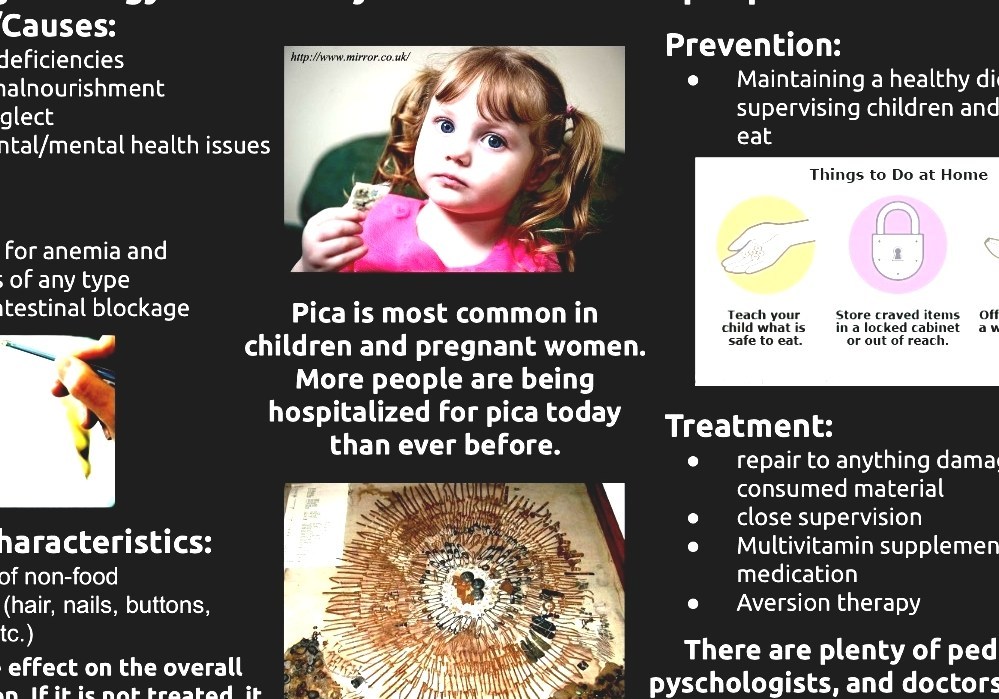

Our family-focused care teaches families to come together with the common goal of understanding their child’s illness and recovering from it.

Trellis Recovery Centers offers a transdiagnostic approach in our treatment that sets the stage for teenagers to learn about their eating disorders and overcome them. When their teenager faces the challenges of a pica eating disorder, they need professionals trained to treat eating disorders in the adolescent population. By promoting weight loss, coaches, parents, and other professionals in these fields may unintentionally encourage eating disorders.Pica Eating Disorder Treatment in Los Angeles, CAĪny time a parent faces a medical crisis related to their child, they want to get swift, effective care immediately. The same is true for members of any community, including sports, actors, dancers, models, and television celebrities, where physical attractiveness serves as a marker of social prestige. You run a higher danger if you participate in sports teams or creative organisations. A trigger for an eating problem might also be abuse, sexual assault, or incest. These transitional periods may involve moving, changing employment, ending a relationship, or losing a loved one. This is especially true if you have previously battled an eating disorder. You may be more vulnerable to eating disorders if you experience mental anguish and worry as a result of certain life changes and occurrences.

These issues may consist of:Īnxiety and poor self-esteem, depression, an obsessional condition, complexity in relationships, impulsive acts. You might diet more severely out of the need for approval, which could result in an eating disorder.Īn underlying psychological or mental health issue could be a factor in your eating disorder. Positive reinforcement for losing weight is common. An eating disorder is more likely to occur in those with first-degree relatives who already have one. Though they can happen at any age, eating disorders are most prevalent in adolescence and the first few years of adulthood.Īn individual's propensity to develop an eating disorder may be increased by genes. The behaviours linked to eating disorders may be fueled by the desire to be successful or feel accepted. Particularly in Western culture, physical attractiveness and a trim body are frequently associated with success and self-worth. Eating disorders may also be influenced by societal pressure. The development of an eating problem, however, is thought to be influenced by a number of genetic, physical, social, and psychological variables, according to several medical professionals.Įating habits may be influenced by a molecule that occurs naturally in the brain called serotonin which controls mood, memory, and sleep patterns among other things. It is unclear what specifically causes eating problems. They might struggle with relationships, perfectionism, impulsivity, and low self-esteem. Psychological and emotional issues may be a factor in eating disorders in those who have them.

Eating disorders may be influenced by biological factors, such as alterations in brain chemistry, mental and emotional well-being. Genes in some people may put them at higher risk of having eating problems. These actions may become compelled in ways that resemble addiction.īoth biology and genetics. Preoccupations with food, weight, or shape as well as anxiety related to eating or the results of consuming particular foods are all associated with eating disorders.ĭietary restrictions or avoiding particular foods, binge eating, purging by vomiting or abusing laxatives, or compulsive exercise are all behaviours linked to eating disorders. A few, particularly bulimia nervosa and anorexia nervosa, are more prevalent in women, but they can all happen to anyone at any age. When all eating disorders are considered, they can affect up to 5% of people and are most common in adolescence and early adulthood. Anorexia nervosa, bulimia nervosa, binge eating disorder, avoidant restricted food intake disorder, other specified feeding and eating disorder, pica and rumination disorder are examples of several eating disorders. They can be extremely severe conditions that have an impact on social, psychological, and physical function. Eating disorders are psychological problems marked by significant and ongoing disturbances in eating patterns and the uncomfortable thoughts and emotions that go along with them.


 0 kommentar(er)
0 kommentar(er)
